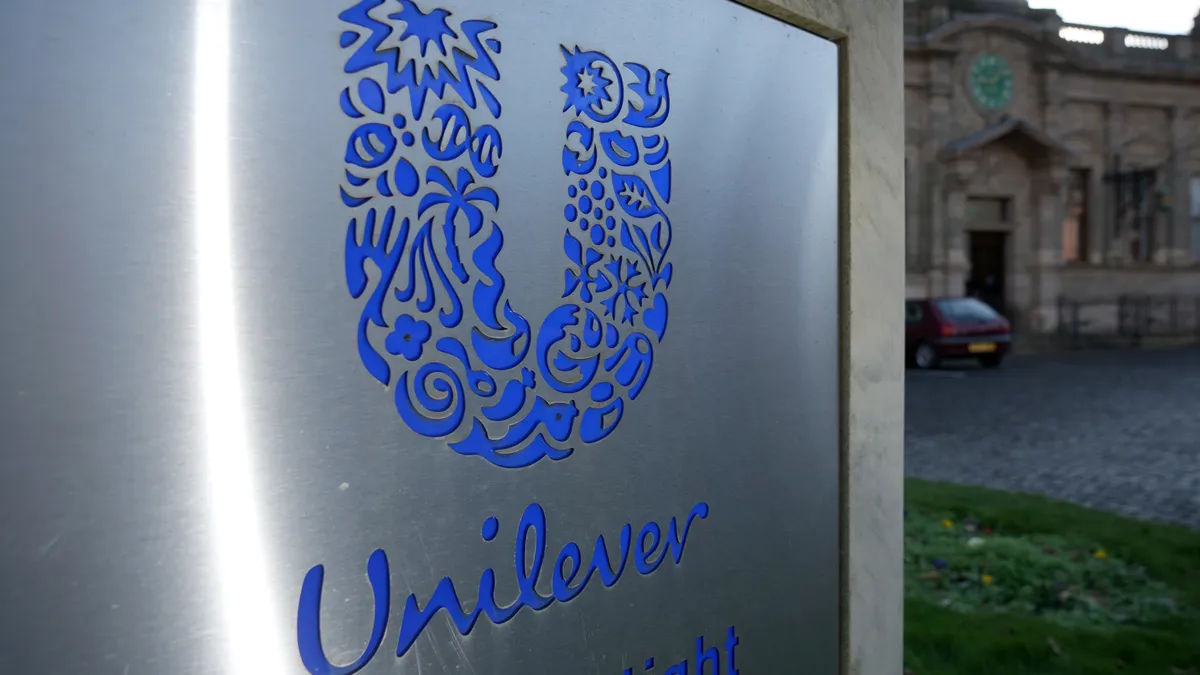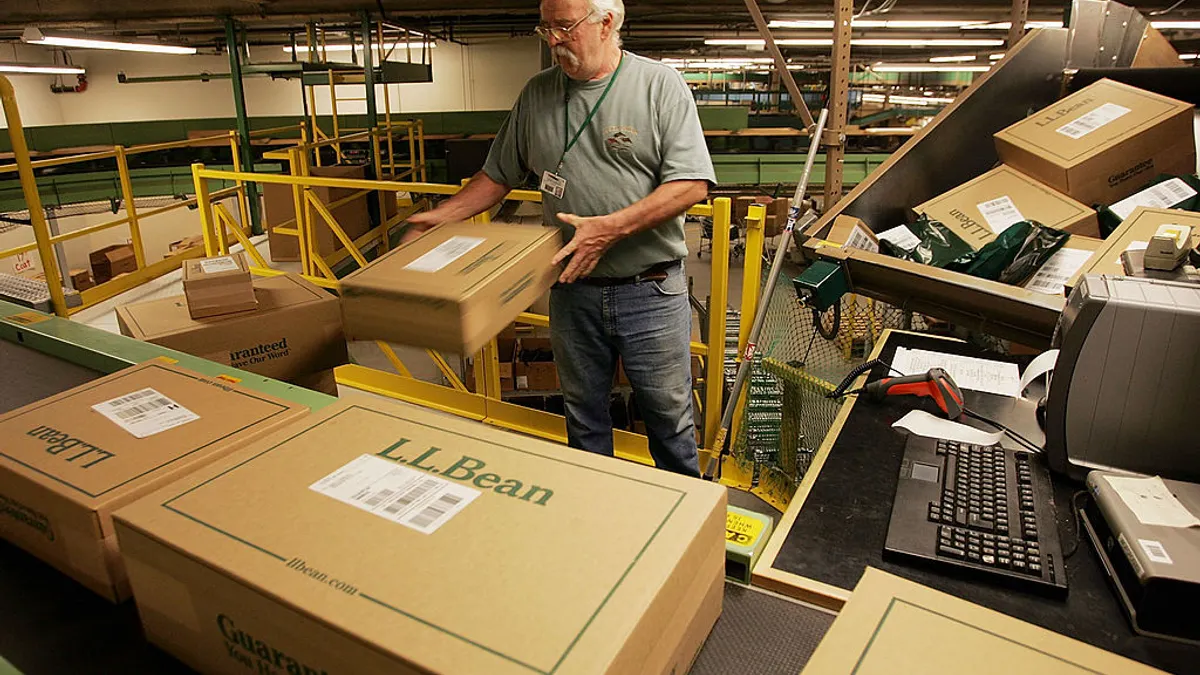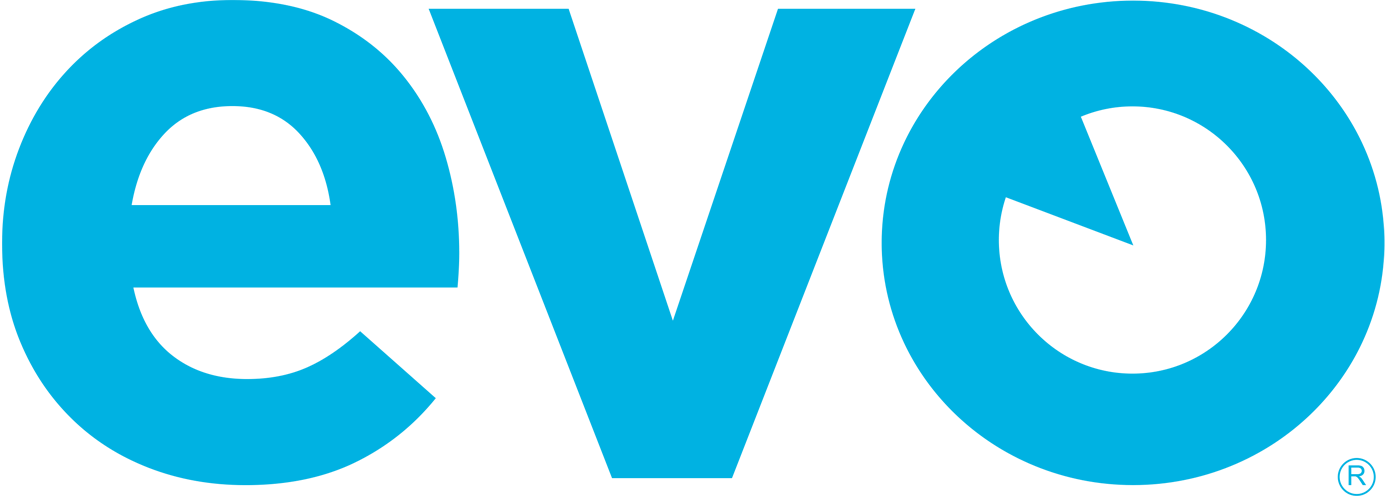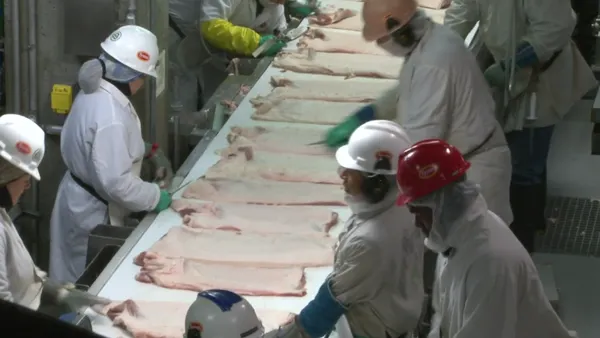Dive Brief:
- Unilever will close two plants in Long Island, New York, laying off a total of 169 workers on April 5, the company said in a Nov. 9 Worker Adjustment and Retraining Notification Act notice.
- The consumer goods giant is ending the manufacturing of beauty and personal care products in Amityville, New York, and operations at the plant’s warehouse in Farmingdale, New York, according to the notice.
- Production at the Amityville location will transfer to other locations in Unilever’s U.S. manufacturing network, a company spokesperson told Manufacturing Dive in an emailed statement.
Dive Insight:
The sites’ employees will have the opportunity to apply for open positions at other Unilever sites with relocation provided and the company also said in its statement it will provide outplacement services, reskilling education and development training.
In October, the personal care and beauty company showed a 0.6% decline in overall sales volumes for Q3, according to its earnings press release. With the decrease, Unilever CEO Hein Schumacher said the company is pivoting to an “unrelenting initial focus on our top 30 power brands,” which include health and beauty brands like Dove and Axe.
“We are realigning production to support our growth plans for these product categories as the Amityville factory site has considerable size constraints that limit its ability to expand,” Unilever said in its emailed statement.
The growth plan highlights some of Unilever’s fastest-growing beauty brands, like Prestige Beauty, Dermalogica and Paula’s Choice. Beauty and well-being sales fell by nearly 5% last quarter, the second-largest drop of any Unilever category in Q3, after its ice cream sector, in which sales fell by 6.5%.
The consumer goods giant's last major staff cut was in January 2022 when it laid off thousands of managerial staff as it pivoted towards health, beauty and hygiene and away from food.
The layoffs were around the same time as Unilever’s withdrawal of its $68 billion bid for GlaxoSmithKline’s consumer healthcare division, which owns brands like Sensodyne and Advil, after the companies failed to agree on a purchase price.
The company replaced CEO Alan Jope with Schumacher in January of this year as well, part of the company's push further into health and beauty.













